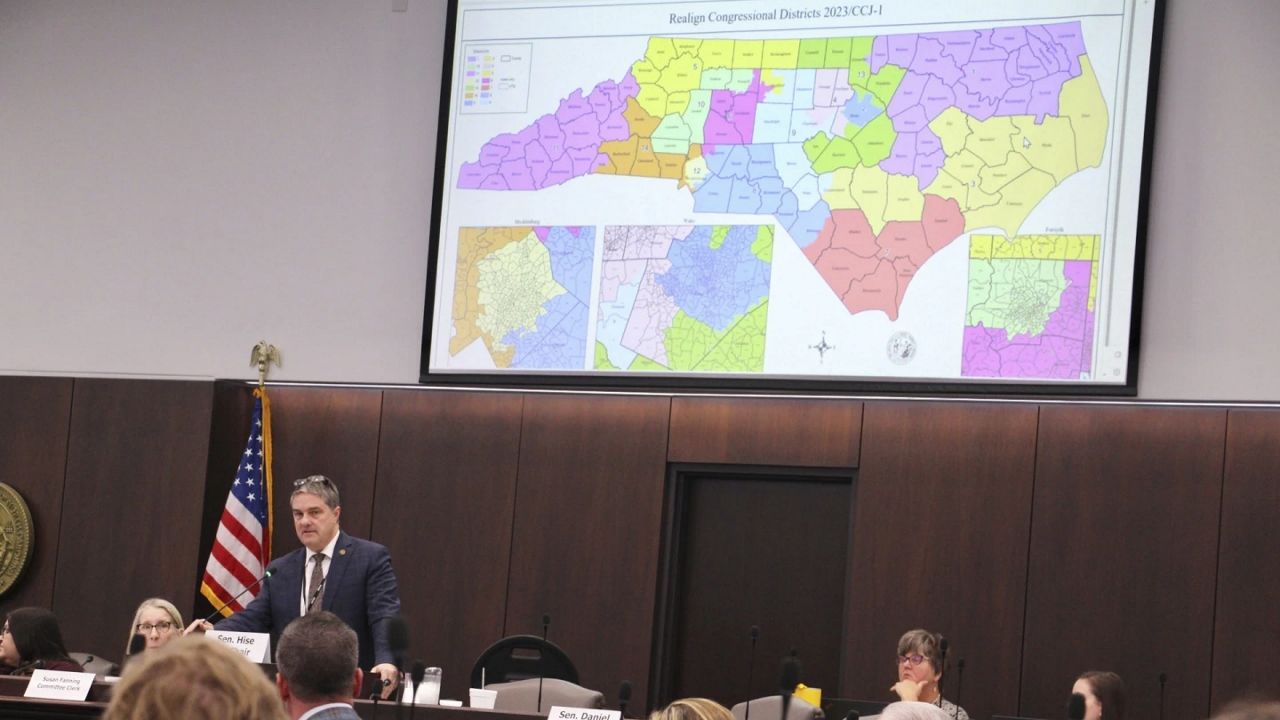President Donald Trump has vetoed the annual defense bill, which authorizes $740 billion in military spending, setting up a veto override fight with Congress.
In issuing the veto, Trump criticized the bill for not including language he had been pushing for repealing certain legal protections for internet giants like social media companies.
He also objected to a provision mandating that military installations honoring Confederate officials be renamed. That would impact Fort Bragg in North Carolina and a handful of other bases across the country.
“My Administration respects the legacy of the millions of American servicemen and women who have served with honor at these military bases, and who, from these locations, have fought, bled, and died for their country,” Trump said as part of his veto notification to Congress.
House Speaker Nancy Pelosi slammed the veto as an “act of staggering recklessness.”
“Trump is using his final hours in office to sow chaos, including by denying our servicemembers a long-overdue pay raise and hazard duty pay; our families paid family leave, child care, housing and health protections; and our veterans the benefits that they need and deserve,” she wrote.
The National Defense Authorization Act passed through Congress with veto-proof majorities.
Lawmakers are scheduled to return to Capitol Hill next week to consider overriding the president’s veto.
Renaming Fort Bragg
If the defense bill becomes law, Fort Bragg - one of the largest military installations in the world - would be set to get a new name.
A provision in the bill instructs the Pentagon to strip Confederate names from Defense Department assets, such as bases, within three years.
Nationwide there are ten military installations named for Confederate officials, including Fort Bragg.
Braxton Bragg rose through the ranks of the Confederacy, ultimately being named general before resigning under scrutiny for his leadership. He later served as military advisor to Confederate President Jefferson Davis.
Calls to rename facilities like Fort Bragg gained new energy over the summer amid the national unrest following the death of George Floyd.
Rep. GK Butterfield, D-1st District, supported the provision kicking off the process of removing the Confederate names, saying the installations should have “names that do not reflect an embarrassing past.”
“They declared war on the Union. They organized a military, they elected officers, elected officials, adopted a currency,” he said.
But some Fort Bragg veterans object to the move.
Cpl. Amir Moulana served in the U.S. military for 14 years, spending some of that time stationed at Fort Bragg, including with the 82nd Airborne Division.
“A lot of people strive to get here, and jump here. It’s a nostalgic assignment. It's a very sentimental assignment for most,” he said.
Moulana argues that the move to scrub away Bragg’s name is frustrating and would impact the sentimental value he attaches to his time in the service.
“It would definitely hurt to think that I fought tooth and nail to get that status, and come here and wear the maroon beret, and be part of the Army’s elite. And then the next thing you know, they want to change the name,” he said.
POLITICS
Trump Vetoes Defense Bill, Objecting to Provision Stripping Confederate Names from U.S. Military Bases like Fort Bragg
PUBLISHED December 23, 2020 @9:46 PM








